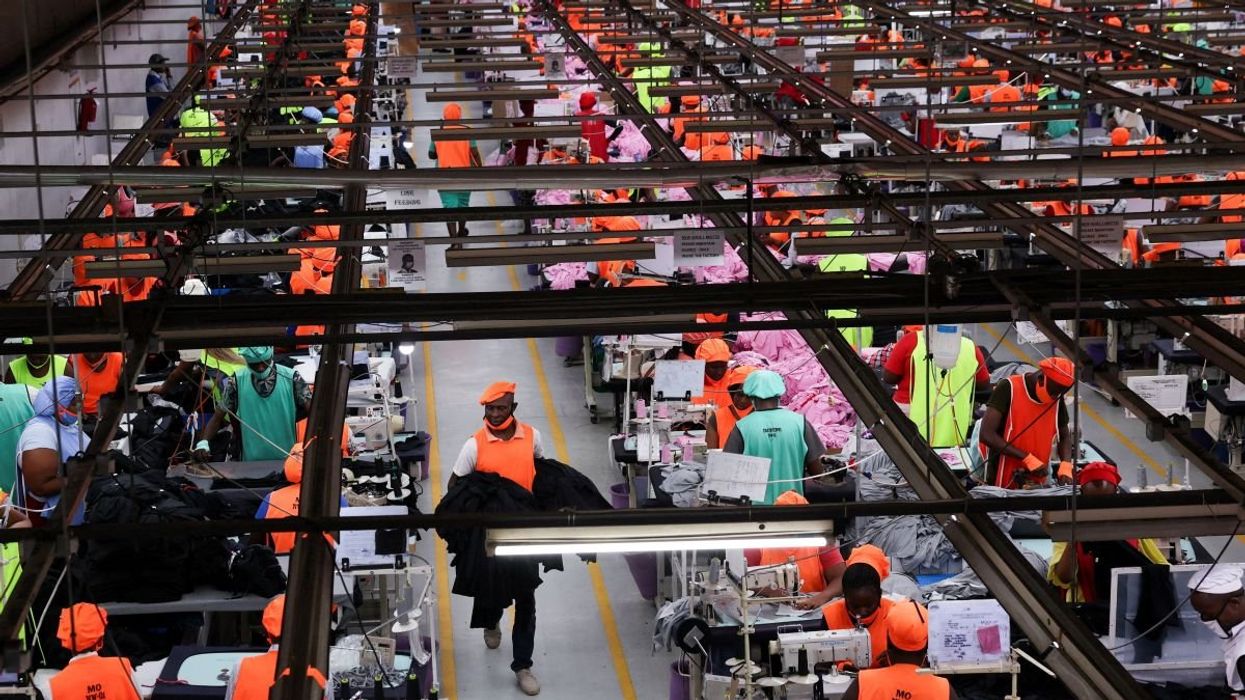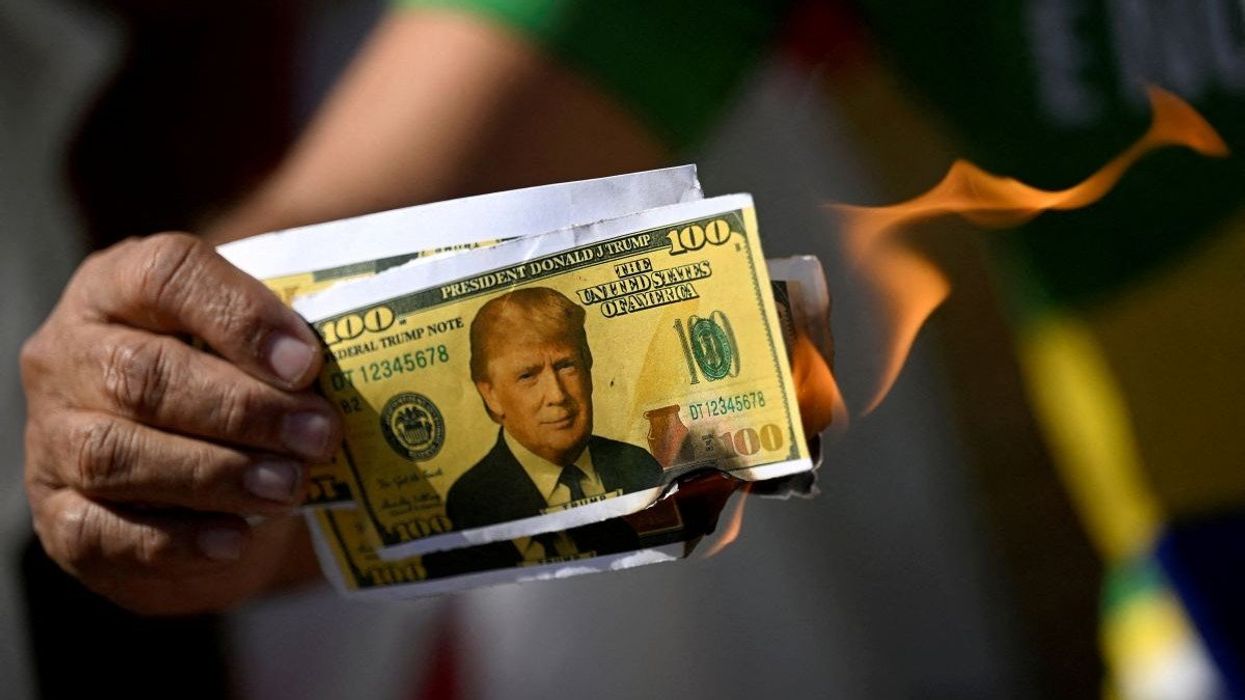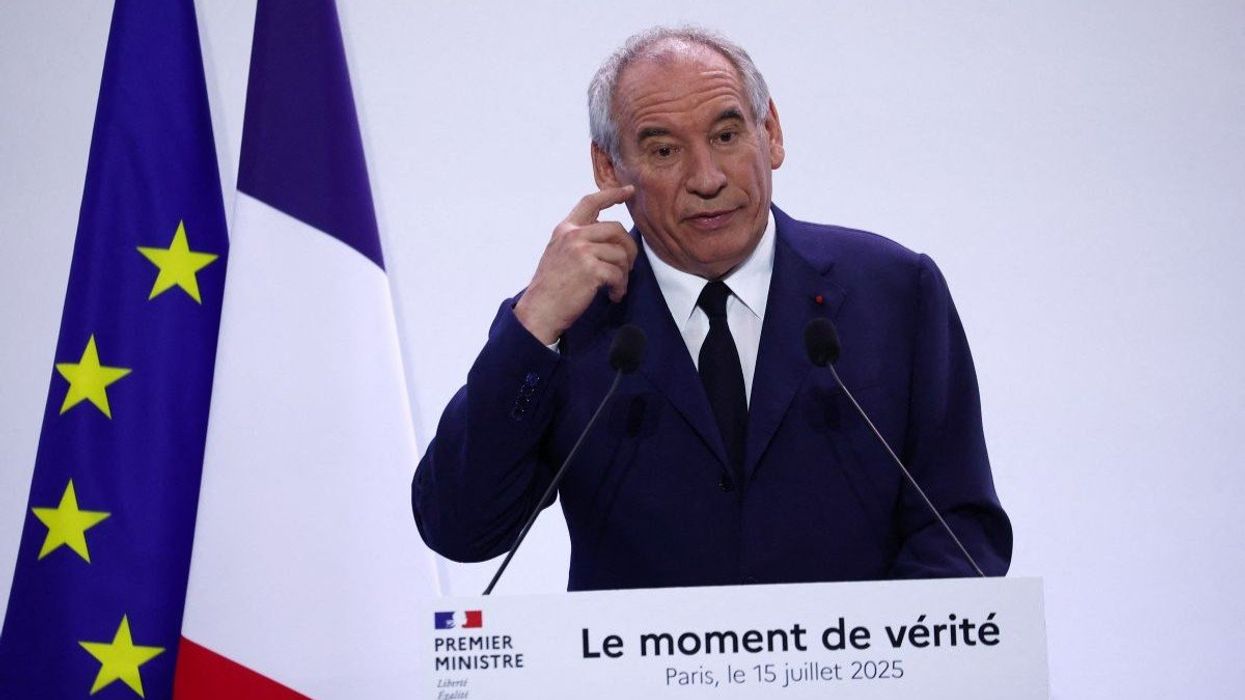Analysis
Is the US set to terminate a 33-country trade deal?
The African Growth and Opportunity Act, a trade pact that allows many products from 32 sub-Saharan African states to have free access to US markets, is set to expire in less than a week. The White House still hasn’t said whether it will renew it.
Sep 25, 2025



